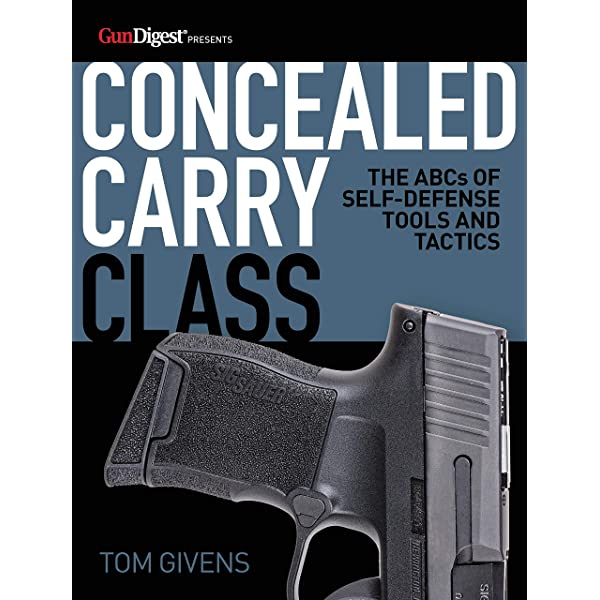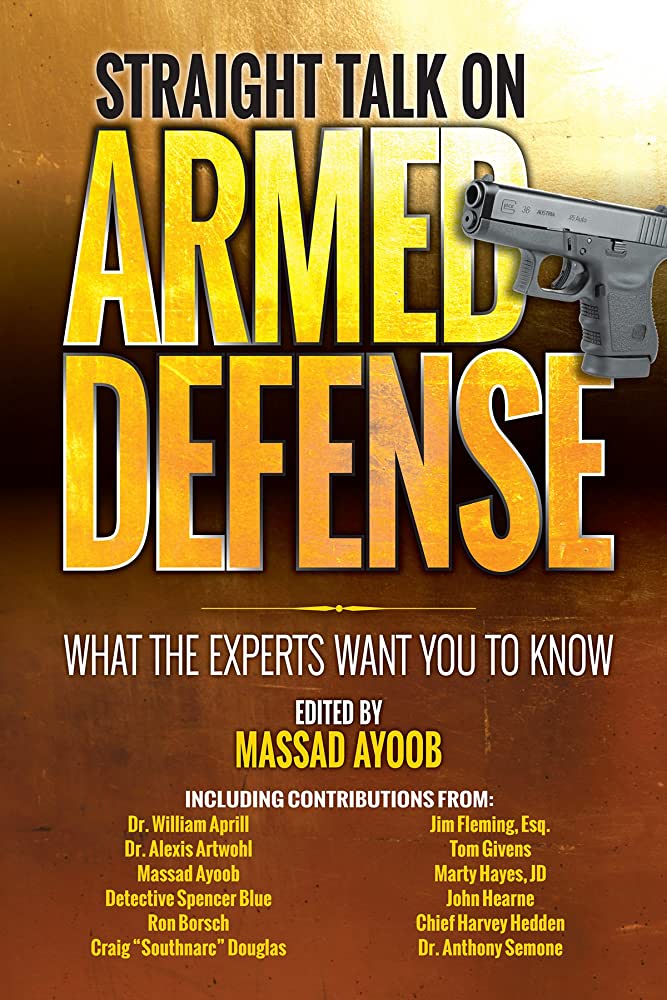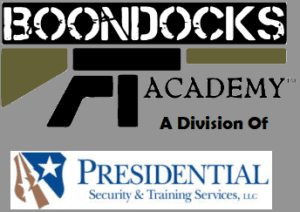Influencer Vs. Expert: How to know who to trust for advice on firearms and self-defense!
in·flu·enc·er ˈin-ˌflü-ən(t)-sər : one who exerts influence : a person who inspires or guides the actions of others
There has been a lot of talk about Influencers recently, and some of it is not so good! But when it comes to shooting, influencers have been around for as long as there have been firearms. Think about it, someone in the past likely influenced you to go shooting for the very first time. When you bought your first firearm you probably reached out to that person, or another friend or family member, that influenced your decision on which gun to buy. While the person who influenced you may have had more knowledge than you, it does not necessarily mean they are an expert.
So, what exactly is an expert? By definition an expert is “a person who has a comprehensive and authoritative knowledge of a skill in a particular area“. You do not become an expert simply by knowing how to shoot a gun, by virtue of becoming a police officer, or joining the military. Police officers usually only get about 40 hours of firearms training in the academy. Most are only required to qualify about twice a year and unless they are practicing on their own, many struggle to pass very basic shooting requirements. Military members usually get less handgun training than police and they do not regularly carry a sidearm on the job.
Police and military members can and do become experts in firearms, but it is not simply because of their job. It is because they have devoted their lives to firearms education and training. They probably served on a SWAT Team or were in the Special Forces, both of which gets far more training. They also likely took outside training, many times paying for it out of their own pocket. They also read and research others in their field to better understand the history and evolution of firearms and firearms training. The more they learned the more they felt compelled to share this knowledge with others. So many took up writing articles for magazines or publishing their own books! They also probably served as expert witness in a court of law, and thereby became an “authoritative” expert in their field. Examples of current and active authoritative experts include the likes of Dave Spaulding, Tom Givens, Massad Ayoob, and more.

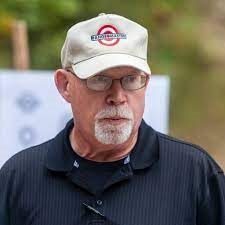

There are other experts who do not have the pedigree or biography of a Spaulding, Givens or Ayoob, but at the very least they know these names, have studied their work and most likely trained with them! This includes other traveling instructors like Brian Hill, Greg Ellifritz, John Hearne, John Murphy, and Ed Monk just to name a few. These experts would also know about Gunsite, the modern technique of handgun shooting, who Jeff Cooper is and his impact of firearms training. If the people you are soliciting advice from do not know these names, then I would venture to say they are not experts!

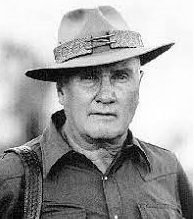
Furthermore, I would be careful if your source for advice suggests ladies start out with a 38 special snub-nosed revolver, or implies a gun is worthless unless it is chambered in a caliber that starts with a 4, as in 40S&W or 45ACP. I would be cautious if they say you need a particular gun because it has “Won 2 World Wars” or it is “Perfection” or because their brother’s, wife’s sister has one and she “LOVES IT”! I would be concerned if they spout myths such as, “you don’t need to aim a shotgun” or “a 22 Long Rifle will bounce around inside the bad guy”. I would absolutely RUN from anyone that utters phrases like, “you should shoot to kill” or “if you shoot someone outside, drag them back inside” or “it is better to be judged by 12 than carried by 6.” These are all tell tale signs of someone who is NOT AN EXPERT, and is merely passing on hearsay which has the potential to get you injured, killed or incarcerated.
An expert on the other hand would answer similar questions using phrases such as “What is the overall purpose of the firearm”, “You should get the largest caliber firearm that you can shoot accurately and quickly”, “You only shoot to stop the threat, and only as a last resort, to prevent great bodily injury or death to yourself or loved one”. An expert would encourage you to avoid potentially dangerous areas and violent encounters. They would discourage you from confronting thieves or using a firearm to protect property. They would suggest you to get professional training before buying a gun, and most would be willing to meet you at a gun store to help you pick out a firearm or take you to the range to let you try out their firearms.
In general, the people in the firearms industry, 2nd Amendment supporters, and permit holders are good people. They are some of the most law-abiding citizens in the country and I am sure their desire to help is genuine. But, the decision to purchase or use a firearm in self-defense should not be taken lightly. A firearm is a tool that can be used to protect life, or take life. If you are forced to use it, the split-second decision that you make can and will impact you for the rest of your life. With stakes this high, you want the advice of an EXPERT, not an influencer.
Suggested initial expert reading:
Concealed Carry Class: The ABCs of Self-Defense Tools & Tactics by Tom Givens
Straight Talk on Armed Defense: What the Experts Want You to Know edited by Massad Ayoob
